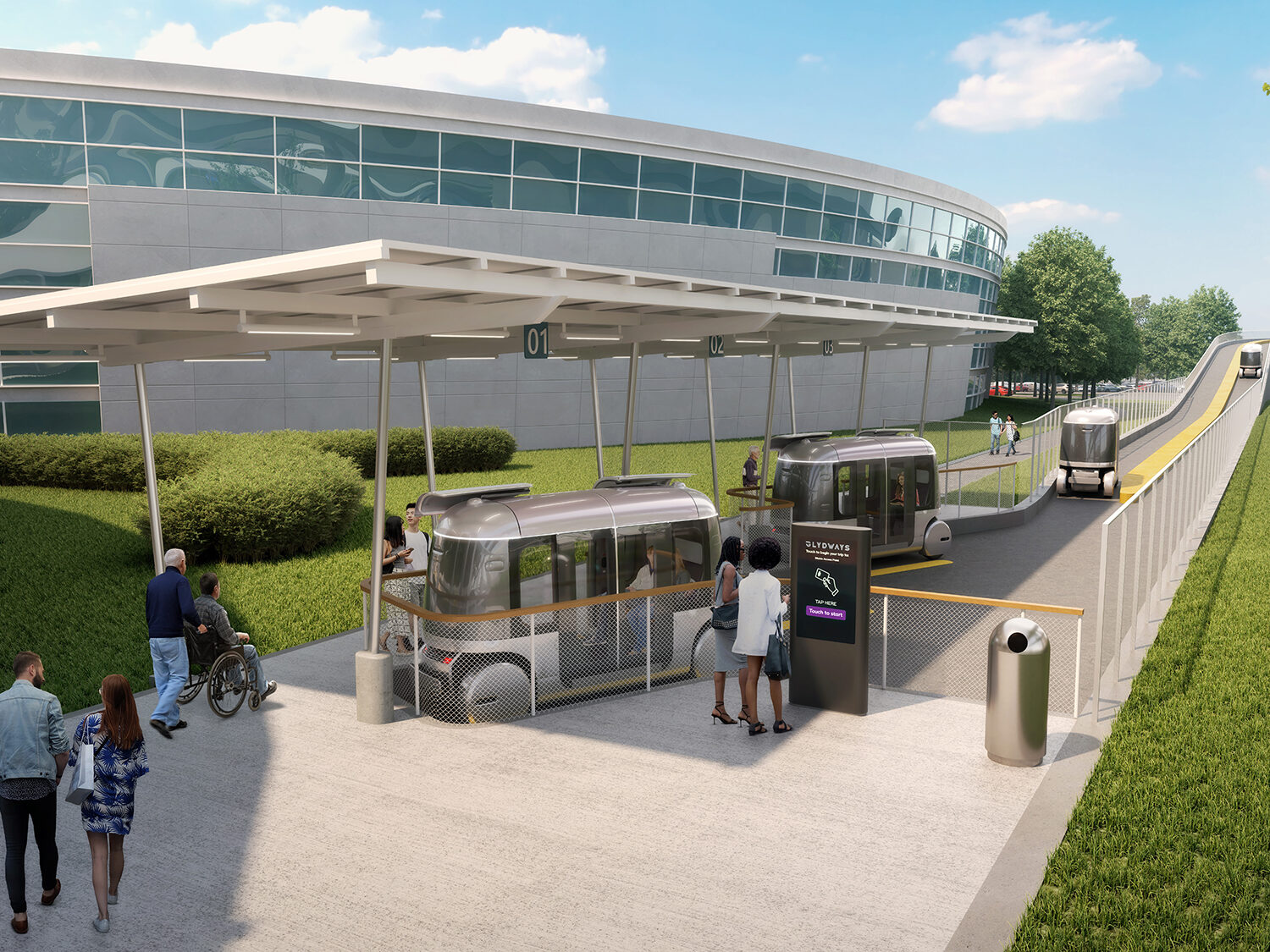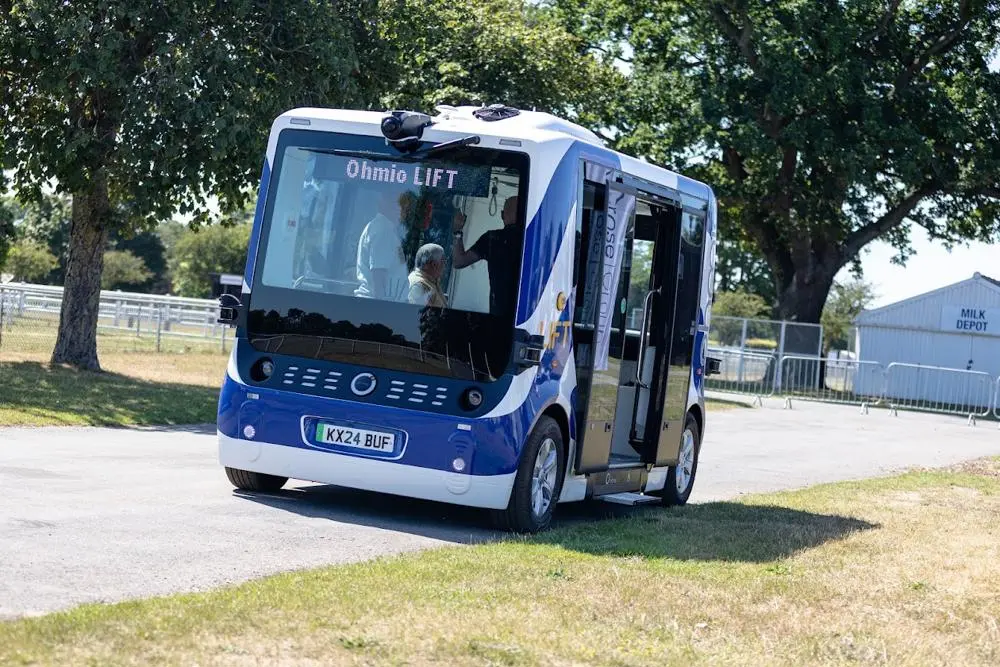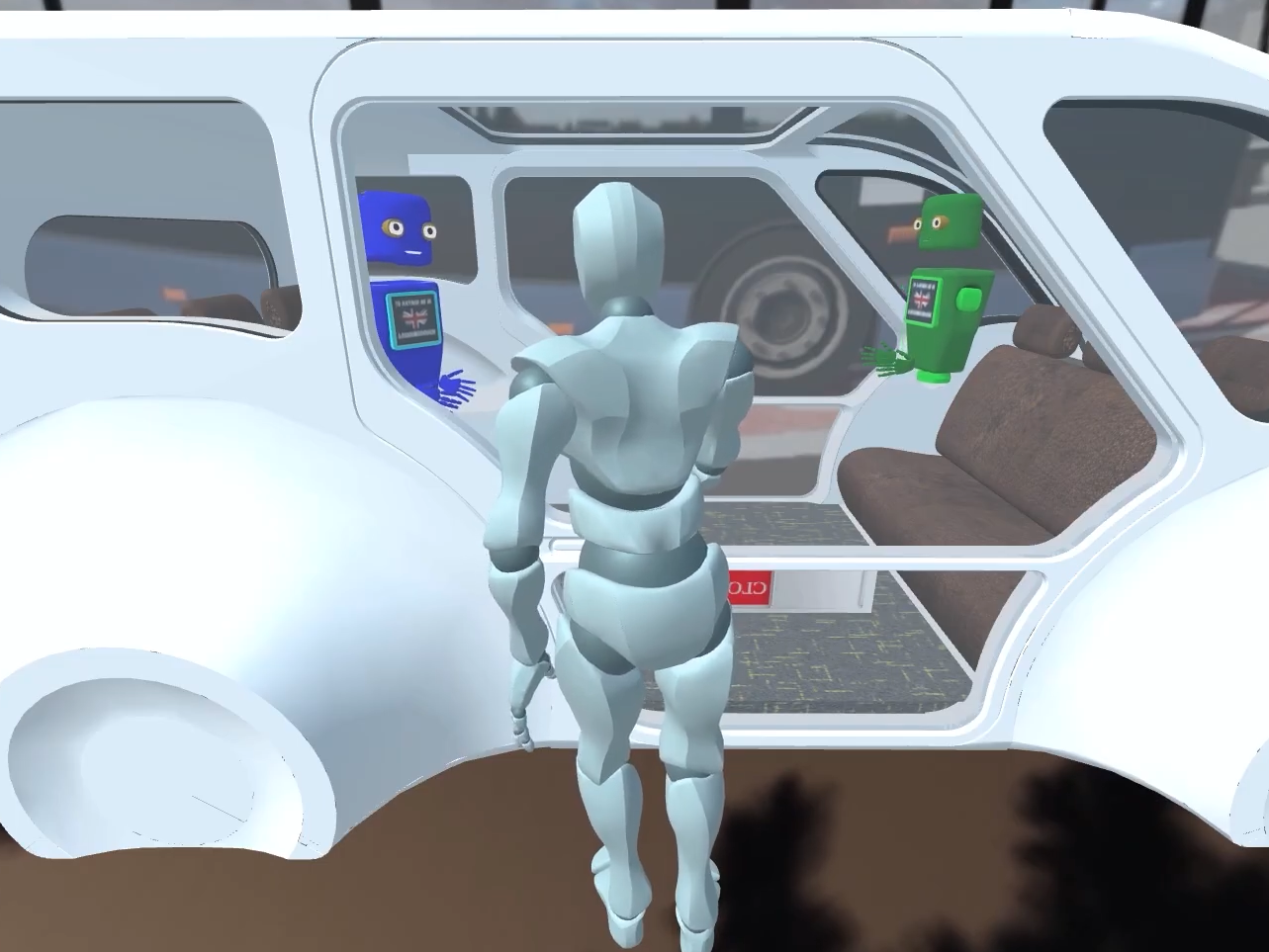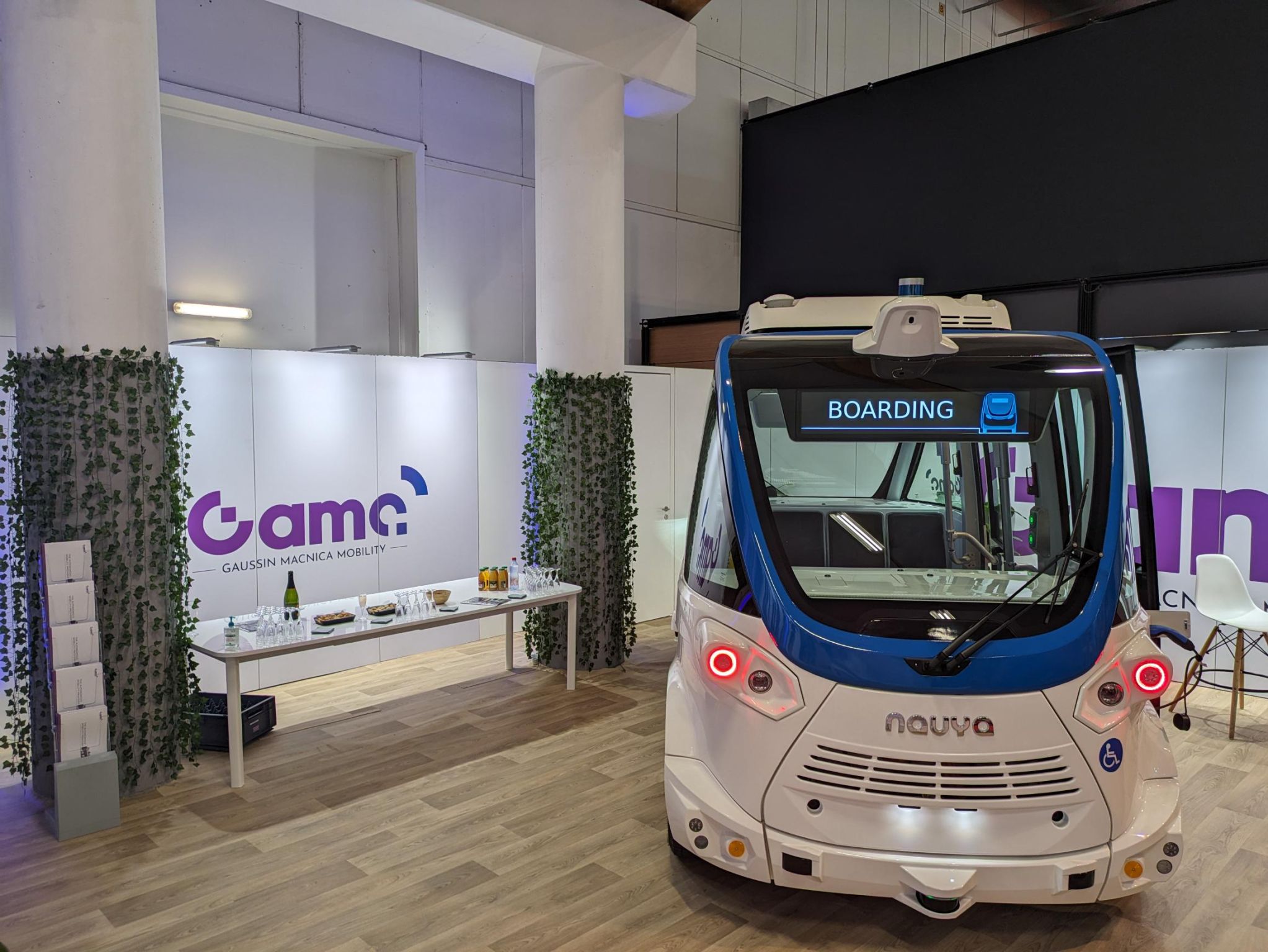Six projects across the UK have been awarded a share of 1.3 million GBP in joint UK government and industry funding to study the feasibility of self-driving mass transit solutions.
This funding, which is part of the Centre for Connected and Autonomous Vehicles’ Commercialising Connected and Automated Mobility programme, aims to pave the way for self-driving mass transit services in remote, rural and urban areas.

The funded projects will explore how self-driving technologies can improve local transport by reducing costs, emitting less carbon and increasing safety and security.
The joint government and industry funding winners are:
Autonomous Healthlink (Northumberland)
This project is being conducted by Milestone Transport Planning Limited (Lead), Dromos Mobility Limited, Pegasus Planning Group and Newcastle University.
It has been awarded 155,911 GBP to study the feasibility of a zero-emission self-driving system on a segregated route between Seaton Delaval Station and the Northumbria Specialist Emergency Care Hospital in Cramlington.
The study aims to increase accessibility to the hospital to support the Northumbria Healthcare NHS Foundation Trust’s plan to increase patient services.
Blythe Rural Automated Vehicle Operations (West Midlands)
This project has been awarded 197,664 GBP. It will be carried out by Solihull Metropolitan Borough Council (Lead), Aurrigo, Syselek, Liftango, ZF Services, West Midlands Combined Authority, National Highways and WMG.
These partners will study the feasibility of using two different self-driving vehicle technologies to deliver a self-driving shuttle service on a stretch of the Strategic Road Network on the M42.
The route will connect Blythe Valley Business Park to the UK Central Hub (Arden Cross HS2 interchange, Birmingham International Airport and Railway station).
Commercialising Connected and Automated Vehicle Services in the Scottish Highlands and Islands (Inverness and Isle of Skye)
This project will study the commercial potential of a self-driving vehicle service in the Scottish Highlands and Islands.
The service will connect Inverness College University of the Highlands and Islands Campus to key locations in Inverness and will connect ferry passengers to public transport at Uig Pier on the Isle of Skye.
It will be carried out by the University of Glasgow (Lead), Aurrigo, The Highlands and Islands Transport Partnership, Darwin Innovation Group Ltd and Highland Country Buses Ltd.
The grant award for this project is 160,443 GBP.
Dromos Connected and Automated System (Bolton)
This project will study the feasibility of an on-demand, 24/7 self-driving system running on a decommissioned railway corridor connecting the Bolton Transport Interchange to the Royal Bolton Hospital.
The project partners are Dromos Mobility (Lead), Transport for Greater Manchester and Bolton Metropolitan Borough Council who have been awarded 199,760 GBP in funding.
HertsLynx Connected and Automated Mobility On-Demand (Hertfordshire)
This project will study a self-driving service using on-demand responsive transport technology serving passengers in the Maylands Business Park region.
The routes will connect Maylands to Harpenden Station and St Albans.
The project has been awarded 115,748 GBP. It will be conducted by Sustainicity (Lead), Siemens Mobility, University of Hertfordshire and Hertfordshire County Council.
Integrated Mixed Traffic Mobility for Hertfordshire Essex Rapid Transit (Hertfordshire)
This project has been awarded 134,984 GBP to extend a study examining the feasibility of Dedicated Driverless Spaces for articulated buses.
The buses will run on segregated routes and public roads on the Hertfordshire Essex Rapid Transit network.
The project partners are City Science Corporation Limited (Lead), StreetDrone, Hertfordshire County Council and England’s Economic Heartland.











